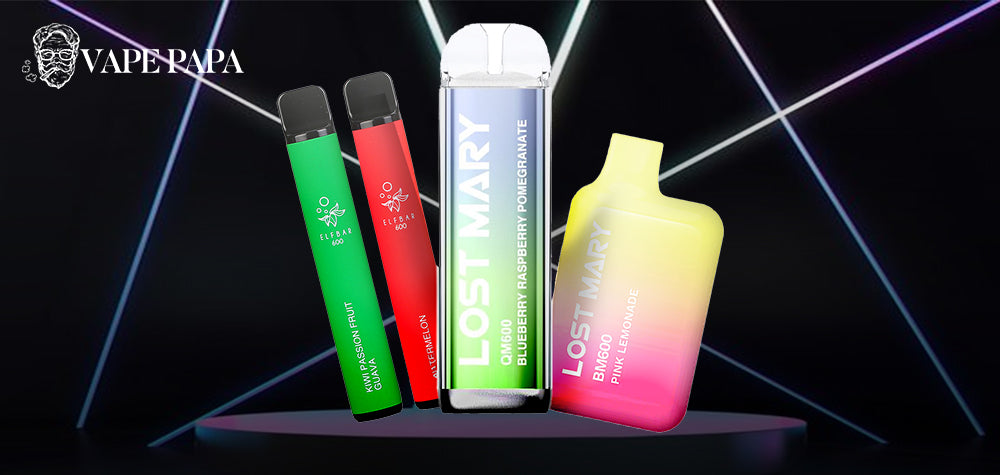A Comprehensive Guide to Vaping
Step into the world of vaping with our comprehensive guide, where we aim to demystify the frequently asked questions (FAQs) surrounding this contemporary phenomenon. Vaping has rapidly emerged as a mainstream activity, captivating individuals seeking alternatives to traditional smoking and prompting curiosity among the general populace. Yet, amidst its surge in popularity, vaping remains shrouded in a cloud of uncertainty for many, who grapple with questions about its health implications, safety considerations, and regulatory frameworks. In this extensive exploration, we invite you to join us as we delve deep into the intricacies of vaping, unpacking the myriad inquiries that both novices and seasoned enthusiasts alike encounter on their journey through the world of electronic cigarettes. From inquiries about its effects on oral health to inquiries about its compatibility with air travel, we leave no stone unturned, endeavoring to equip you with the knowledge and insights needed to navigate the vaping landscape confidently.
Exploring Vaping: Frequently Asked Questions (FAQs)
Q: Is vape bad for your teeth?
A: Yes. When vape juice is heated, it can potentially damage enamel and irritate soft tissue. The ingredients in vape juice, particularly propylene glycol (PG) and vegetable glycerine (VG), can be thick and sticky, increasing the risk of tooth decay and gum disease.
Q: Is vaping okay for weight loss?
A: No. Vapes containing nicotine may temporarily suppress appetite and lead to weight loss, but vaping is not an effective long-term weight loss method. Moreover, vaping carries health risks, and nicotine addiction can have adverse effects on overall health.
Q: Is secondhand vape bad?
A: Yes. Secondhand vape can expose bystanders to harmful chemicals and fine particles present in the aerosol exhaled by vapers. While the long-term health effects are still being studied, exposure to secondhand vape is generally considered undesirable.
Q: Do vapes expire?
A: No. Vapes themselves do not expire in the same way that perishable food items do. However, vape juice and nicotine cartridges may have expiration dates, and using expired products can affect the quality and potency of the vaping experience.
Q: Is there tobacco in vapes?
A: Yes and No. While traditional tobacco cigarettes contain tobacco leaves, vapes do not necessarily contain tobacco in the same form. However, some e-liquids may contain nicotine derived from tobacco, which is often used to satisfy nicotine cravings in former smokers.
Q: Can you vape in an airport?
A: No. Most airports have strict no-smoking policies that include vaping. Vaping in airports is generally prohibited in designated smoking areas or entirely within the airport premises. Violating these rules may result in penalties or fines.
Q: How to vape safely?
A: Yes. Vaping safely involves using the appropriate devices and materials, understanding proper usage techniques, and being mindful of potential health risks. Some tips for safe vaping include choosing reputable brands, avoiding DIY modifications, and being aware of battery safety.
Q: Can you bring a vape on a cruise ship?
A: Yes. Most cruise lines allow passengers to bring personal vaporizers onboard, but restrictions may apply. It's essential to check the specific policies of the cruise line you're traveling with regarding the use and storage of vaping devices.
Q: Can I vape after wisdom teeth removal?
A: No. It's generally advised to avoid vaping after wisdom teeth removal, as the suction motion involved in vaping can disrupt the healing process and increase the risk of complications such as dry socket. It's best to follow your dentist or oral surgeon's recommendations for post-operative care.
Q: Can vapes explode?
A: Yes. While rare, vape explosions can occur due to various factors such as battery malfunctions, improper charging, or using damaged equipment. Following proper safety precautions, such as using reputable brands, storing devices correctly, and avoiding overcharging, can reduce the risk of vape explosions.
Q: Can you vape before surgery?
A: No. It's generally recommended to avoid vaping before surgery, as nicotine and other chemicals present in vape juice can affect anesthesia and interfere with the body's ability to heal. It's best to follow your healthcare provider's instructions and refrain from vaping before undergoing surgery.
Conclusion
We hope this guide has provided you with valuable insights into the world of vaping. By addressing common questions and concerns, we aim to empower you with the knowledge needed to make informed decisions about vaping. However, if you still have questions or need further clarification, don't hesitate to reach out. Simply drop your queries in the comment section below, and our team will be more than happy to assist you. Happy vaping!
Have questions? Feel free to ask in the comment section below!

